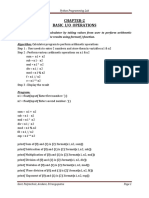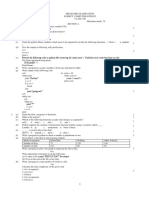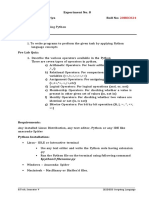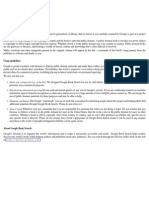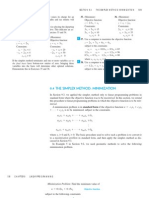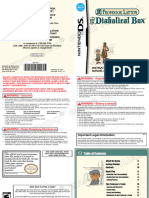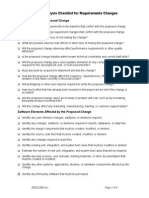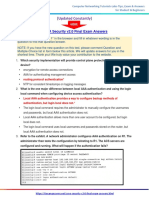0% found this document useful (0 votes)
10 views9 pages90 Python
The document outlines the implementation of Python packages for various utilities, including a math utility package for arithmetic, geometry, and statistics functions, a unit converter for length, temperature, and weight conversions, and a library management system for managing books and members. Each section includes code examples for creating and using these packages. The document concludes by stating that the Python programs were successfully completed.
Uploaded by
71762305061Copyright
© © All Rights Reserved
We take content rights seriously. If you suspect this is your content, claim it here.
Available Formats
Download as DOCX, PDF, TXT or read online on Scribd
0% found this document useful (0 votes)
10 views9 pages90 Python
The document outlines the implementation of Python packages for various utilities, including a math utility package for arithmetic, geometry, and statistics functions, a unit converter for length, temperature, and weight conversions, and a library management system for managing books and members. Each section includes code examples for creating and using these packages. The document concludes by stating that the Python programs were successfully completed.
Uploaded by
71762305061Copyright
© © All Rights Reserved
We take content rights seriously. If you suspect this is your content, claim it here.
Available Formats
Download as DOCX, PDF, TXT or read online on Scribd
/ 9






























